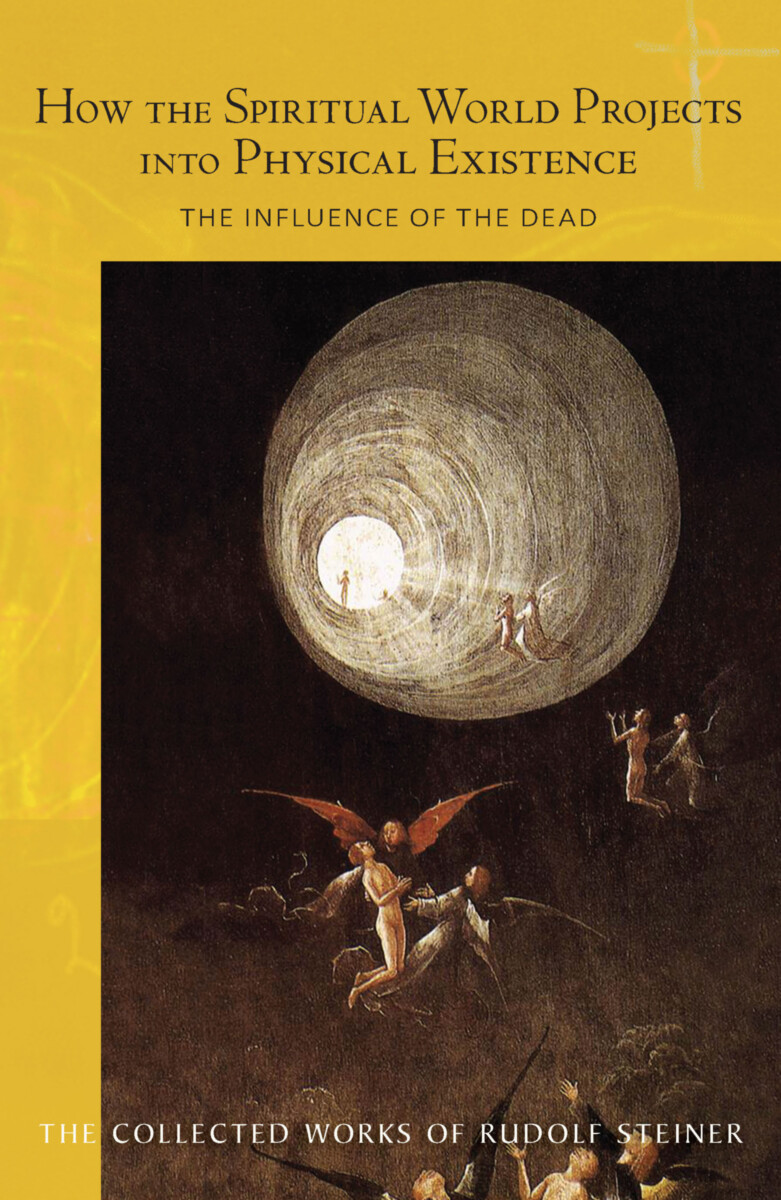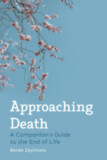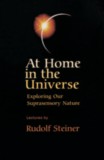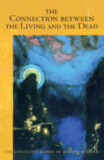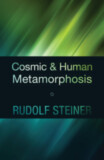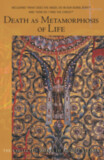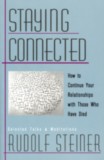How the Spiritual World Projects into Physical Existence
The Influence of the Dead (CW 150)
- Publisher
Rudolf Steiner Press - Published
16th January 2015 - ISBN 9781855844049
- Language English
- Pages 160 pp.
- Size 6" x 9"
10 lectures, various cities, Jan. 12 – Dec. 23, 1913 (CW 150)
“By cultivating spiritual thoughts here on Earth we can provide nourishment for the dead.... When fields lie fallow, they produce no crops to feed humanity, and people may die of starvation. The dead cannot die of starvation, of course; all they can do is suffer when spiritual life lies fallow on Earth.” — Rudolf Steiner
The founding of the Anthroposophical Society in 1913 marked a major change in Rudolf Steiner’s work. Although Steiner had always been an independent spiritual researcher, the break with the theosophists removed all constraints, allowing for a full flowering of Anthroposophy. These lectures, presented to audiences in Germany, France, and Sweden, are filled with a freshness and vitality that reflect this new beginning, providing intriguing glimpses of great themes that Steiner was to develop in the years ahead.
Death is a predominant topic here. Rudolf Steiner explains how people on Earth can reach the dead in a non-mediumistic way and how such interaction between “living” and “dead” is mutually beneficial. He states that people who do not recognize the being of Lucifer during their earthly life—those who have not “already got to intuit and know the luciferic impulses in the human soul properly while here in life”—will be “vampirized” by that being after passing through the gate of death. Steiner elaborates on the activities of the adversarial beings in today’s civilization—spiritual powers that play a needed role in Earth’s evolution—and how we can counteract them. The longer we can stay alive, for example, the greater the victory over Ahriman’s activity. Even losing one’s teeth has beneficial aspects, allowing us to “gain certain impulses, and these overcome Ahriman.” Steiner relates the actions of such spiritual entities to child development, too, indicating the various influences in the seven-year cycles of growth.
Also included are lectures on the Christian festivals and various works of art, including The Triumph of Death in the Composanto cemetery at Pisa, which reveals great secrets of humanity’s evolution. Whatever subject Steiner addresses, it quickly becomes clear that these lectures were not relevant only to his audience in 1913; they also speak to contemporary souls around the world seeking spiritual direction and understanding.
This volume is a translation from German of Die Welt des Geistes und ihr Hereinragen in das physische Dasein. Das Einwirken der Toten in der Welt der Lebenden (GA 150).
Rudolf Steiner
Rudolf Steiner (b. Rudolf Joseph Lorenz Steiner, 1861–1925) was born in the small village of Kraljevec, Austro-Hungarian Empire (now in Croatia), where he grew up. As a young man, he lived in Weimar and Berlin, where he became a well-published scientific, literary, and philosophical scholar, known especially for his work with Goethe’s scientific writings. Steiner termed his spiritual philosophy anthroposophy, meaning “wisdom of the human being.” As an exceptionally developed seer, he based his work on direct knowledge and perception of spiritual dimensions. He initiated a modern, universal “spiritual science” that is accessible to anyone willing to exercise clear and unbiased thinking. From his spiritual investigations, Steiner provided suggestions for the renewal of numerous activities, including education (general and for special needs), agriculture, medicine, economics, architecture, science, philosophy, Christianity, and the arts. There are currently thousands of schools, clinics, farms, and initiatives in other fields that involve practical work based on the principles Steiner developed. His many published works feature his research into the spiritual nature of human beings, the evolution of the world and humanity, and methods for personal development. He wrote some thirty books and delivered more than six thousand lectures throughout much of Europe. In 1924, Steiner founded the General Anthroposophical Society, which today has branches around the world.


